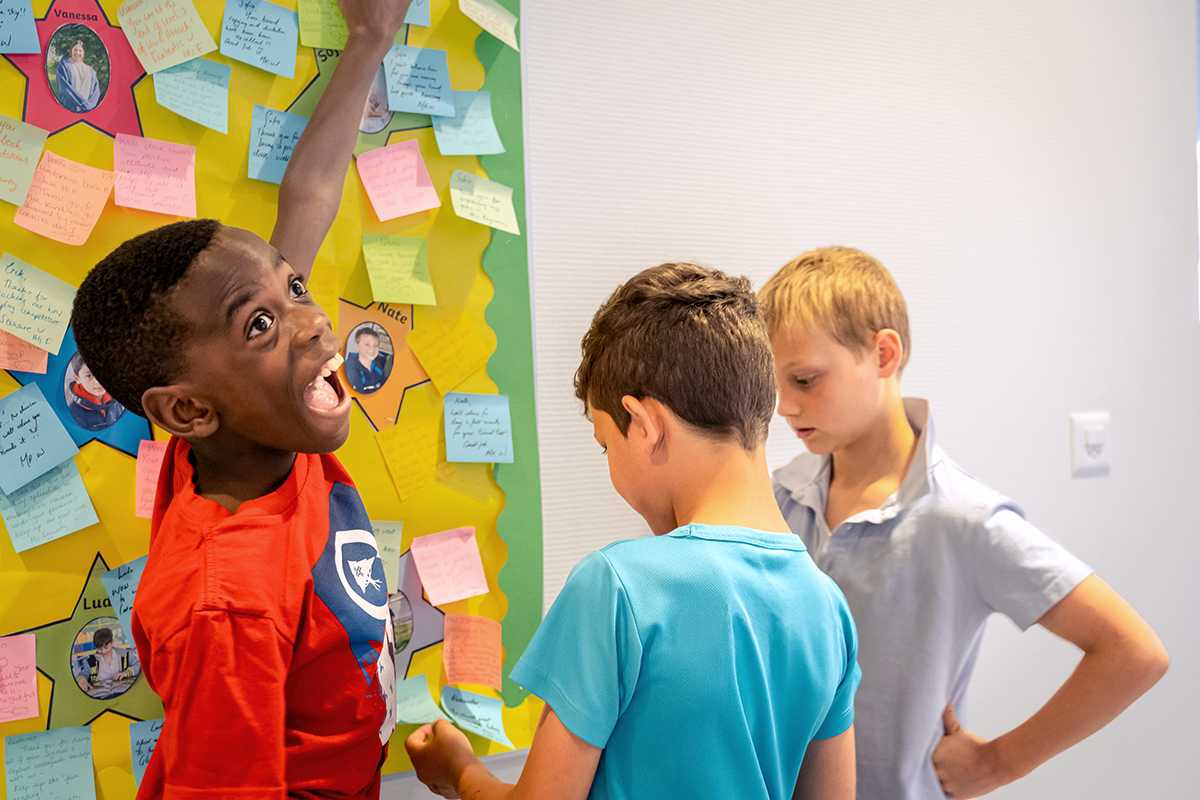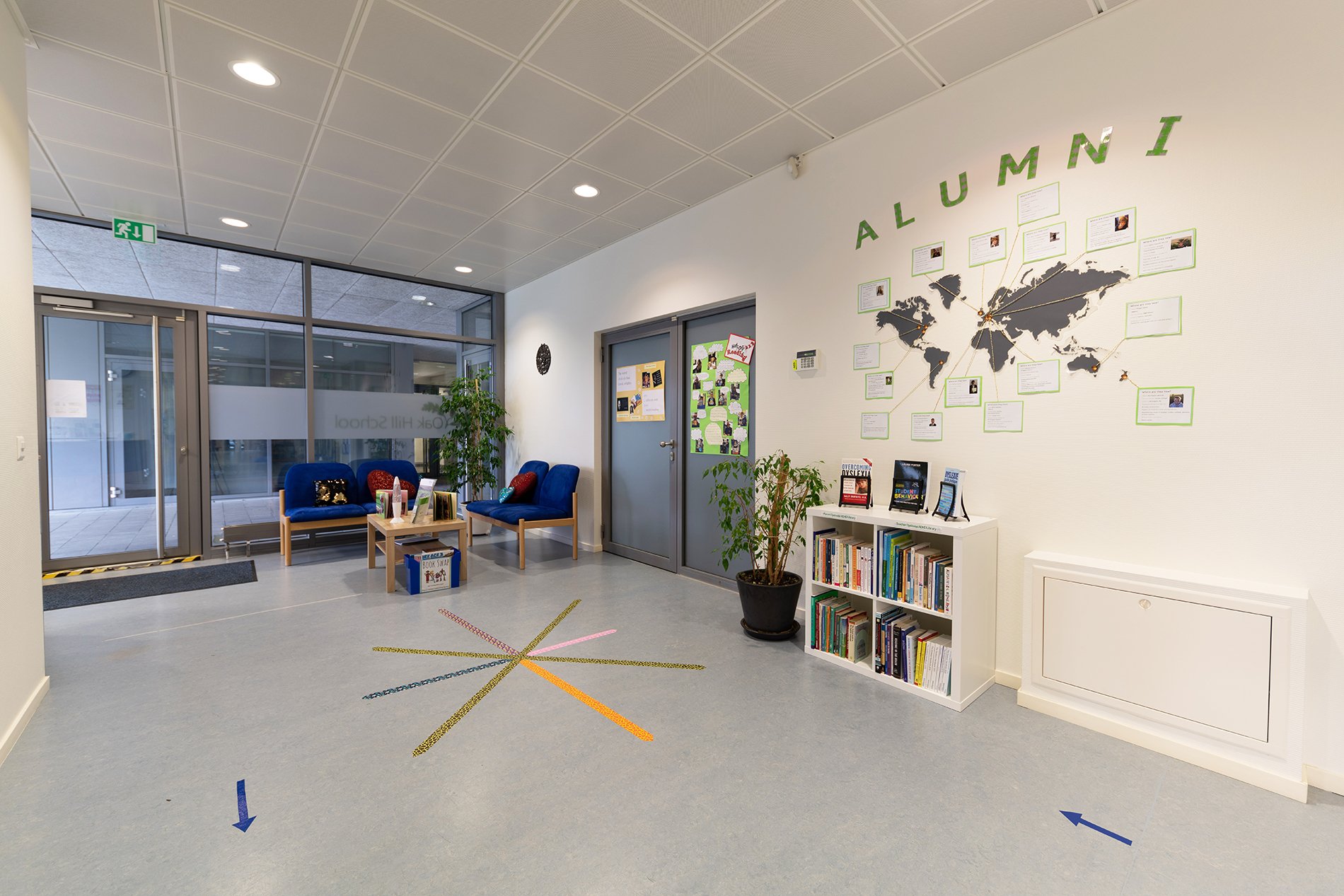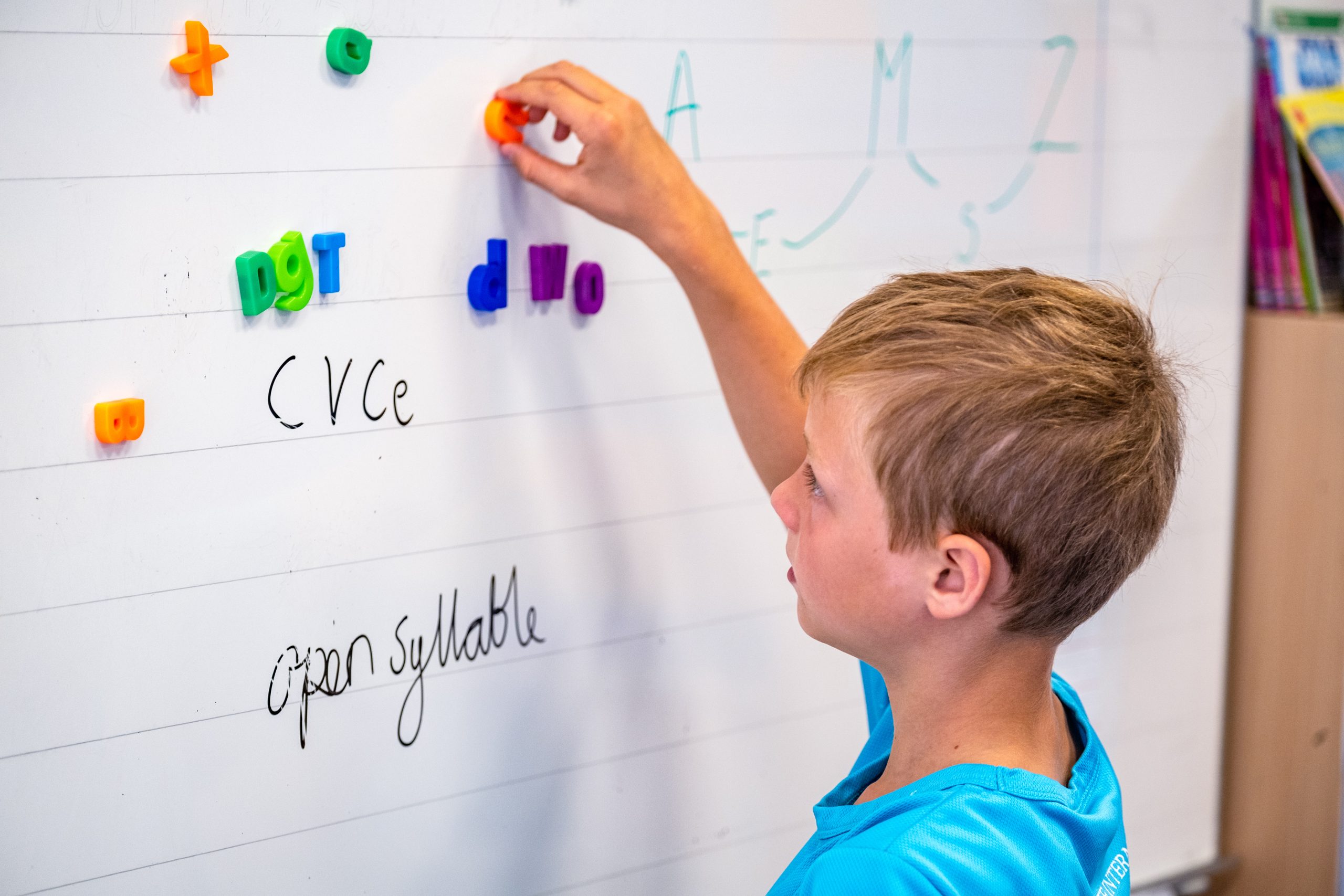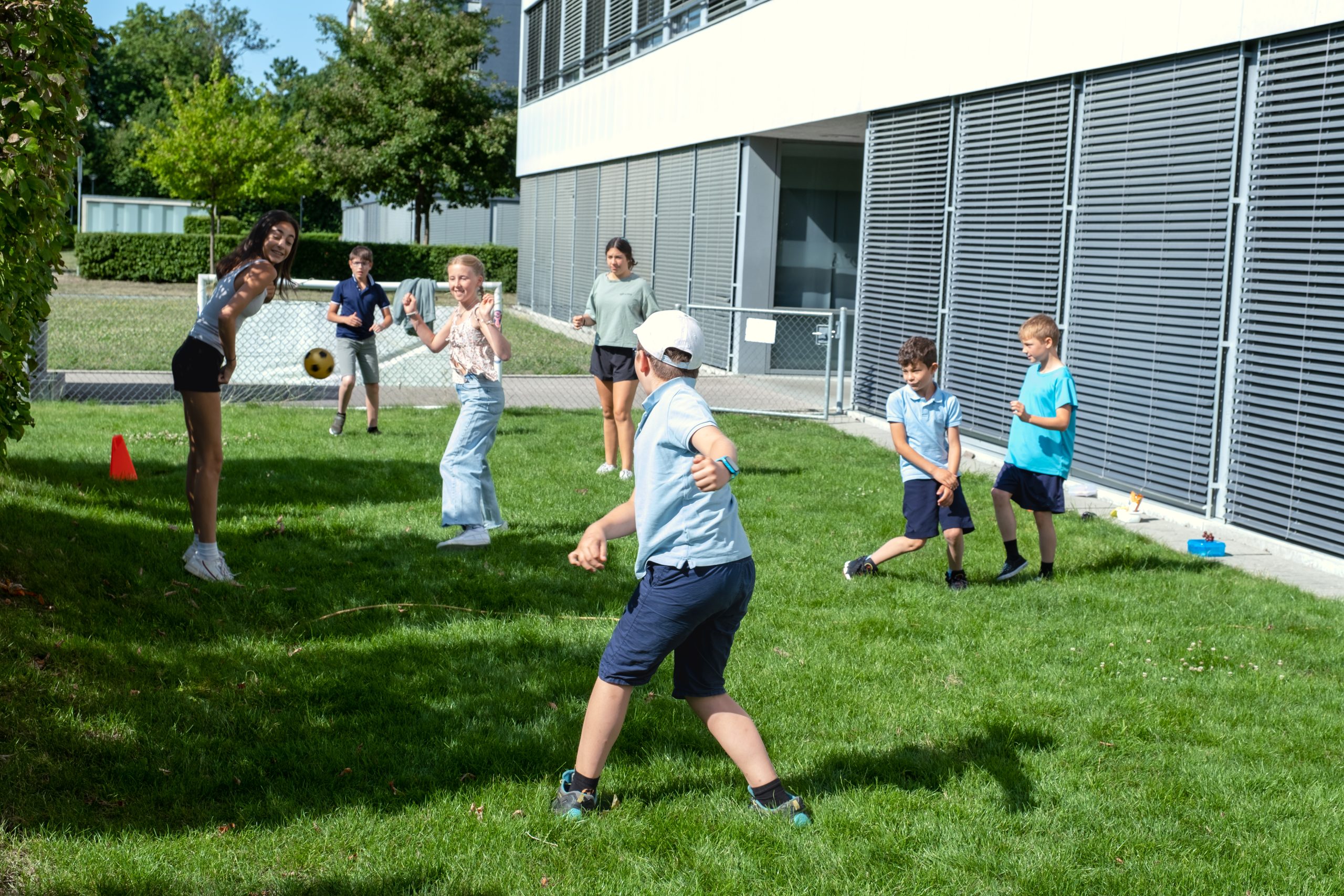Every day, the students work hard, while also having a lot of fun! As they move through the programme, children are encouraged to reach their individual goals, thriving in the supportive 4:1 student: teacher classroom environment.
The morning session takes place between 8.00-11.00, while afternoon classes are held between 12.30-15.30. During each session, students attend 3 x 50-minute lessons in reading, writing and maths every day.
Between lesson 1 and 2, students have a 5-minute break, followed by a 20-minute break between lessons 2 and 3.
In addition to the taught programme, every student participates in short, daily, homework sessions (10 mins each in reading, writing and maths) to develop their self-discipline, organisation, independence and resilience; skills and strategies that will assist them in upper primary/secondary. All homework tasks are individualised, and students quickly develop routines to complete these tasks. Indeed, many parents are often surprised how quickly their child takes responsibility for their studies.














